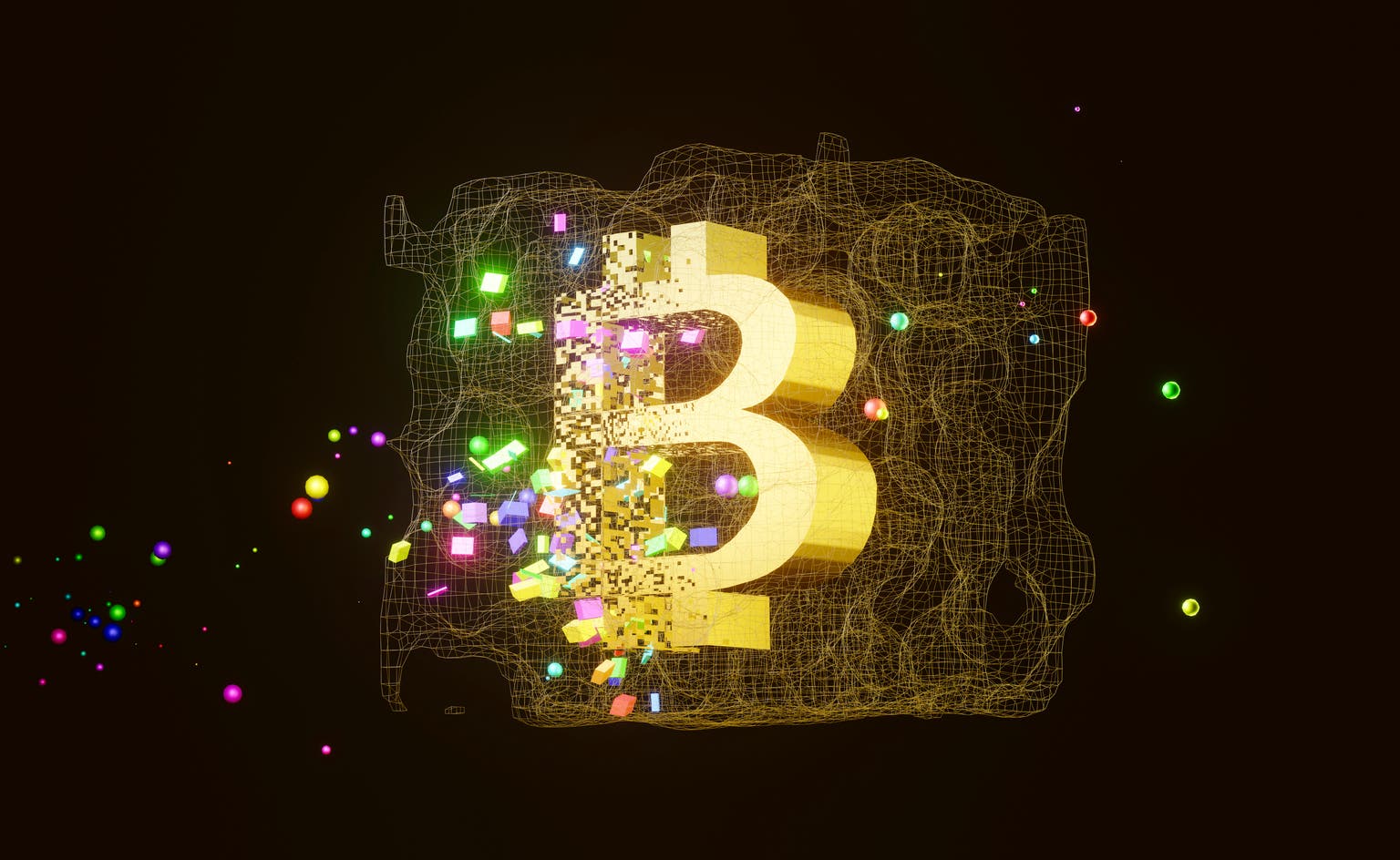This cryptocurrency's track record and recent developments in government make it a no-brainer to buy and hold.
The cryptocurrency market has been heating up since the Trump administration assumed office in January.
President Donald Trump campaigned on supporting cryptocurrencies, and his actions have followed through on this promise. He signed an executive order to establish a strategic federal reserve for digital assets and has broadly loosened the regulatory grip on the industry.
But when it comes to deciding the smartest cryptocurrency to buy right now, it may still pay to stick with the basics. Most cryptocurrencies are highly speculative investments. That said, Bitcoin (BTC 0.18%) appears poised to build on its years of impressive returns.
I'll explain below why Bitcoin remains the smartest cryptocurrency to invest $1,000 into today.

Image source: Getty Images.
Understanding how market forces affect Bitcoin and other cryptocurrency prices
The price of any traded asset at any given moment boils down to market forces -- what someone is willing to sell something for, versus what someone is willing to pay for it. It's the fundamental basics of supply and demand.
Some assets represent tangible things. For instance, real estate is physical property that you can appraise. Stocks represent ownership in companies, with revenue and profits. Having something tangible helps someone determine how much to pay for it.
However, cryptocurrencies are digital assets, often with little or no tangible value to support their market prices. As a result, cryptocurrencies can be highly volatile. Their long-term price direction depends on factors that ultimately influence that delicate balance between supply and demand.
It's that simple. Bitcoin, the original cryptocurrency, has been such a lucrative investment over the years because it continues to get this right.
Bitcoin's advantages over most altcoins
For starters, Bitcoin has a capped maximum supply, and new coins enter circulation at a slower rate following each halving, when mining rewards decline. Meanwhile, interest (demand) in Bitcoin has risen over time as it gains support from individuals, institutional investors, and even corporations and governments. For example, some companies have begun carrying Bitcoin on their balance sheets instead of cash and equivalents, and the U.S. government will start stockpiling Bitcoin thanks to Trump's executive order earlier this year.
Investors looking to invest in altcoins, or any cryptocurrency aside from Bitcoin, must consider their purpose and tokenomics. Many altcoins are meme coins, designed with little intention of real-world utility. Their market prices depend on sustained popularity.
Ethereum and XRP are popular altcoins, but both come with some issues. The Ethereum network's token, Ether, has an unlimited supply, which applies downward pressure on the token's market price. Meanwhile, XRP's creator, Ripple Labs, remains entangled in a civil lawsuit with U.S. regulators after a judge recently rejected their efforts to settle the case. It could weigh on XRP's real-world adoption and its market price until the litigation is resolved.
Cryptocurrencies as a whole have become increasingly popular across the investing community, but Bitcoin remains, at least for now, the most widely adopted and valued cryptocurrency by a wide margin.
Why Bitcoin's price can continue to rise
Bitcoin may not represent property or a business, but society has given it value as an anti-inflationary asset. This purpose drives higher interest in Bitcoin, and it's an important distinction that separates it from other cryptocurrencies at the moment.
One might think of Bitcoin as a digital version of gold. It doesn't have as much practical use as fiat currency, but it is valued, and there is only a limited amount of it. Just like gold, Bitcoin's price, denominated in U.S. dollars, continues to increase as more dollars flood the economy.
US M2 Money Supply data by YCharts
Bitcoin has risen much faster than gold, but it also started at a much smaller value. Even today, Bitcoin's fully diluted market value of $2.3 trillion is a fraction of the world's gold supply, which is about $22.3 trillion. I'm not sure that Bitcoin will ultimately match gold's value, but it's reasonable to think that there's more upside ahead, given the huge disparity.
The U.S. government's consistent fiscal deficit helps contribute to an expanding money supply. According to the Congressional Budget Office, the newly passed "big, beautiful bill" will likely increase the U.S.'s national debt during the next decade, which bodes well for Bitcoin and other assets priced in U.S. dollars.
These tailwinds, combined with a growing interest in Bitcoin from various parties worldwide, make it the clear choice for investors looking to invest $1,000 in cryptocurrencies today.
Justin Pope has no position in any of the stocks mentioned. The Motley Fool has positions in and recommends Bitcoin, Ethereum, and XRP. The Motley Fool has a disclosure policy.




:max_bytes(150000):strip_icc()/GettyImages-1479623680-87897f0375c44bee8b1279d9607f3f15.jpg)




 English (US) ·
English (US) ·